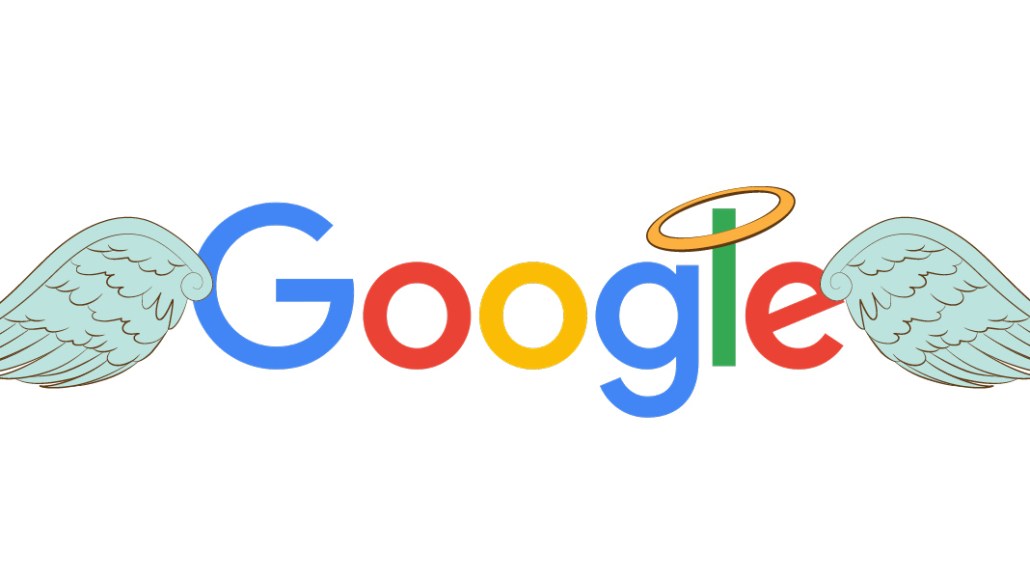Last chance to save on Digiday Publishing Summit passes is February 9
Google starts ‘subscriptions lab’ for local publishers to develop paid content

Google is adding to its year-old Google News Initiative with a new program that promises to help local media develop paid content products.
The GNI Subscriptions Lab is a six-month program developed in partnership with the Local Media Association and FTI Consulting. At launch, the program will include eight North American news publishers of different sizes, featuring both chain-owned and independent ownership models, and covering small communities and metropolitan areas. Google is still finalizing the eight participants, said a Google spokesperson.
Participants will go through a benchmarking process led by FTI Consulting, spending several months conducting qualitative and quantitative market research to assess their audience’s willingness to pay and the size of a subscription product’s addressable market. Participants will also get three in-person visits from Google, FTI and LMA to discuss their progress.
This process will begin about a year and a half after Google began working with nearly 60 publishers to develop Subscribe with Google. To date, nearly 50 publishers, which range from The Washington Post and McClatchy to La Repubblica in Italy and Les Échos in France, have begun integrating the product into their operations. About a dozen of those publishers were not part of the original working groups.
Google is also in the early stages of figuring out whether Subscribe with Google can be used by publishers seeking to drive reader revenue through memberships or donations. On Wednesday, the company announced it is testing Subscribe with Google with The Guardian, which has managed to turn memberships into a bigger source of revenue than advertising; in November, the British news publisher announced it had amassed over 1 million paying members.
Subscribe with Google has earned mixed grades from publishers, in large part because of the heavy work required to integrate it into their products. More than six months after Subscribe with Google was announced, many of the launch partners still hadn’t finished implementing it, as most balanced it with their other development and technology plans. Today, less than 20 have fully implemented Subscribe with Google, a Google spokesperson said.
“No disrespect to Google, because it’s hard no matter what. But if I add Subscribe with Google, my workload doubles,” said one source at a publisher that had experimented with Subscribe with Google last year.
Google has made some progress on that front. In late 2018, for example, it integrated with Piano, a leading paywall tool used by publishers including Business Insider (and Digiday). A handful of Piano clients have integrated Subscribe with Google, though none has launched it yet, a Piano source said.
The publishers participating in this Subscription Lab have all committed to a similarly heavy lift. Applicants were required to demonstrate CEO-level buy-in, commit a product or project manager, and commit resources from product, audience, marketing and technology.
The Subscriber Lab is similar to accelerators that Facebook began running last year. Both companies assert the initiatives will help not just the participating companies but the wider news industry with best practices. Both also say the programs aren’t to promote their own subscription products.
For larger national news brands such as The New York Times, the pivot to subscription revenue has been a tremendous success. But there is an emerging concern that this pivot toward paid content will only benefit the largest titles; research recently suggested that most consumers only pay for a small handful of publishers subscriptions.
“I think that this opportunity is still so emergent that there isn’t even conventional wisdom on the subject,”said Jed Williams, chief innovation officer of the Local Media Association. “We believe that the jury is still out, and it’s worth testing.”
More in Media

In Graphic Detail: The scale of the challenge facing publishers, politicians eager to damage Google’s adland dominance
Last year was a blowout ad revenue year for Google, despite challenges from several quarters.

Why Walmart is basically a tech company now
The retail giant joined the Nasdaq exchange, also home to technology companies like Amazon, in December.

The Athletic invests in live blogs, video to insulate sports coverage from AI scraping
As the Super Bowl and Winter Olympics collide, The Athletic is leaning into live blogs and video to keeps fans locked in, and AI bots at bay.








